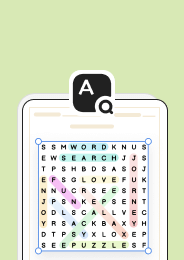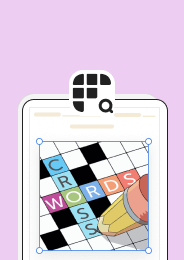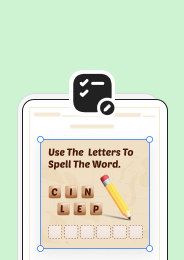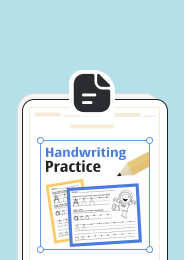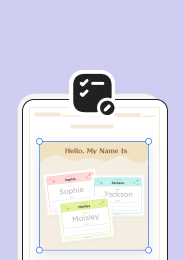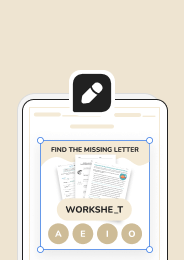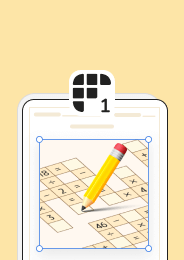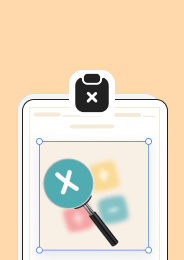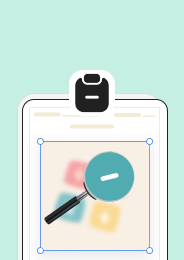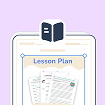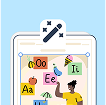Finishing a piece of writing can be tricky. How do you sum everything up without sounding repetitive or dull? That’s where good conclusion starters come in! A strong ending leaves a lasting impression on your reader, whether it’s for an essay, a speech, or a story. In this article, we’ll explore the best ways to start your conclusion so you can confidently wrap up your writing in a clear and impactful way. Let’s get started!
What are conclusion sentences?
A conclusion sentence is the final sentence of a paragraph or an entire piece of writing. It helps wrap up your ideas and gives the reader a sense of closure. In essays, conclusion sentences often restate the main point in a fresh way, while in stories or speeches, they can leave a lasting impression or call the audience to action.
A good conclusion sentence should:
- Summarize the key idea without repeating it word for word.
- Connect back to the topic or thesis statement.
- Leave the reader with something to think about.
For example, if your paragraph is about the importance of teamwork, a strong conclusion sentence could be:
“In the end, teamwork isn’t just about working together, it’s about achieving more than you ever could alone.”
Using the right conclusion sentence makes your writing feel complete and impactful!
Good conclusion starters for writing
Starting your conclusion the right way helps tie your ideas together and leave a strong final impression. Below are some useful conclusion starters, categorized into long and short options to fit different writing styles.
Long conclusion starters
Longer conclusion starters are great for formal essays, academic writing, and persuasive pieces where you want to reinforce key points. Here are some examples:
- “In light of the evidence presented, it is clear that…”
- “Based on the discussion above, we can determine that…”
- “After carefully examining all the facts, it is reasonable to conclude that…”
- “Given these points, it is safe to say that…”
- “Looking at the bigger picture, we can see that…”
- “Taking everything into account, it is evident that…”
- “Reflecting on the ideas explored, it becomes apparent that…”
- “With all of this in mind, it is important to recognize that…”
- “From the information analyzed, we can confidently state that…”
- “As we reach the end of this discussion, it is worth emphasizing that…”
- “Considering all the arguments and evidence, it becomes apparent that…”
- “After analyzing the key points, one can see that…”
- “When looking back at the discussion, it is clear that…”
- “From all the information gathered, it is reasonable to conclude that…”
- “Upon reviewing the main ideas, it is evident that…”
- “Through careful consideration of the facts, we can determine that…”
- “Bringing everything together, we can now understand that…”
- “As discussed throughout this piece, it is essential to recognize that…”
- “Given all the factors examined, the most logical conclusion is that…”
- “Looking at the topic from multiple perspectives, it is apparent that…”
- “With all points taken into account, we can confidently conclude that…”
- “By summarizing the main ideas, it becomes obvious that…”
- “As we reflect on the key details, it is undeniable that…”

Get the Long conclusion starter worksheet for an exciting learning experience now!
Short conclusion starters
Short conclusion starters are useful for more casual or concise writing, such as short essays, creative writing, or even everyday discussions. Here are some examples:
- “In summary…”
- “To conclude…”
- “To sum up…”
- “In short…”
- “All in all…”
- “To wrap up…”
- “Ultimately…”
- “In the end…”
- “At the end of the day…”
- “When all is said and done…”
- “To put it simply…”
- “To bring it all together…”
- “In a nutshell…”
- “To make a long story short…”
- “To put it briefly…”
- “In a few words…”
- “To close things off…”
- “As a final thought…”
- “In conclusion…”
- “Wrapping things up…”
- “Taking everything into account…”
- “Summing it up…”
- “When we look back…”
- “To round it off…”
- “Bringing it to a close…”
- “In essence…”
- “As we come to a close…”
- “All things considered…”
- “To put the final touches on…”
- “So, in the end…”

Don’t miss out! Download your Short conclusion starters worksheet now!
FAQs
1. How to start an essay conclusion?
To start an essay conclusion, begin by restating your thesis or main argument in a fresh way. Avoid repeating it word-for-word, but summarize the key idea in a way that reminds the reader of its importance. Then, briefly summarize the main points from your body paragraphs to reinforce your argument. Finally, transition into a closing thought that leaves a lasting impression, such as a call to action, a thought-provoking statement, or a connection to a broader topic.
Example:
“As we’ve explored, climate change is not just a future concern but an urgent issue that requires immediate action. By making small changes in our daily lives, we can collectively work toward a more sustainable planet.”
2. What is a good way to start a conclusion?
A good way to start a conclusion is by using a transition phrase that signals the ending of your writing. Phrases like “In conclusion,” “To sum up,” or “Ultimately” help smoothly guide the reader into the final section. After the transition, restate your main argument or key points concisely.
Examples of good conclusion starters:
- “To sum up, the evidence clearly shows that…”
- “Ultimately, the discussion highlights the importance of…”
- “In conclusion, it is essential to recognize that…”
Final thoughts
A strong conclusion is just as important as a great introduction, it leaves a lasting impression on your reader. Using good conclusion starters helps smoothly transition to your final thoughts, ensuring your writing feels complete and impactful. No matter whether you choose a long or short conclusion starter, the key is to restate your main points, reinforce your message, and leave the reader with something to think about. Next time you wrap up an essay, story, or speech, try using one of these good conclusion starters to end on a strong note!


